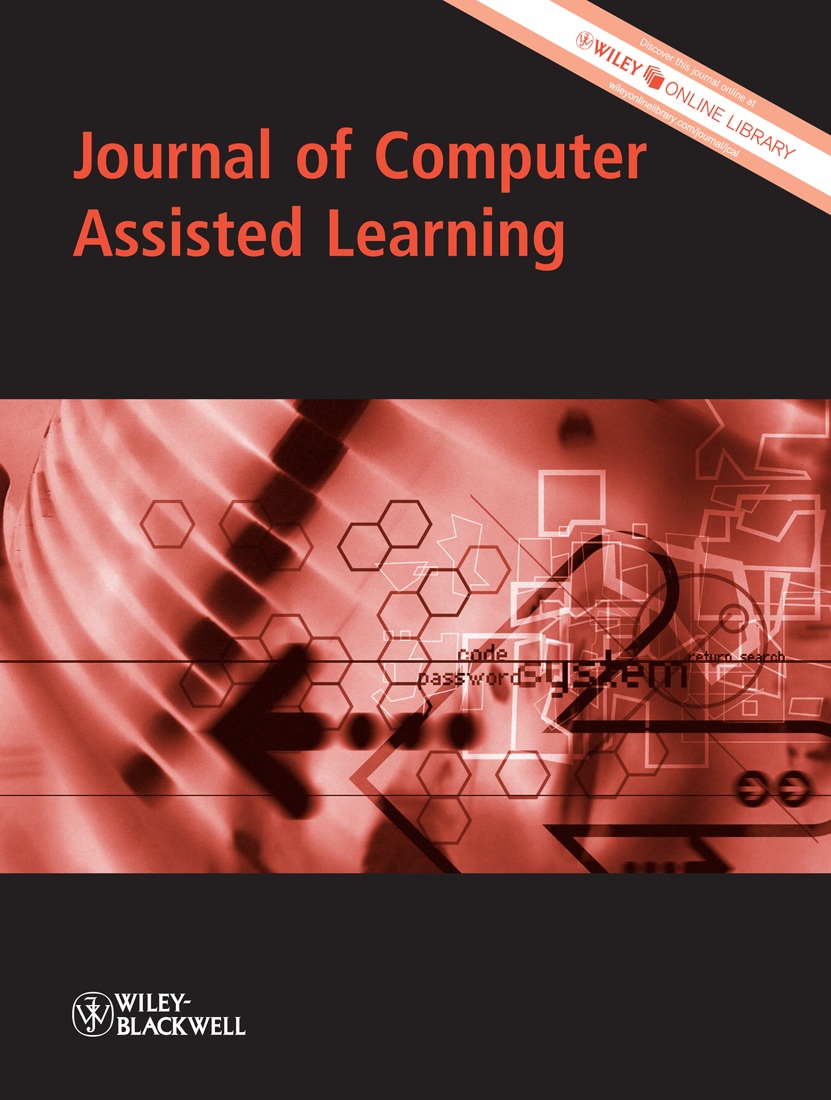With the steady development of online education and online learning environments, possibilities to support social interactions between students have advanced significantly. This study examined the relationship between indicators of social presence and academic performance. Social presence is defined as students’ ability to engage socially with an online learning community. The results of a multiple regression analysis showed that certain indicators of social presence were significant predictors of final grades in a master’s level computer science online course. Moreover, the study also revealed that teaching presence moderated the association between social presence and academic performance, indicating that a course design that increased the level of meaningful interactions between students had a significant impact on the development of social presence, and thus could positively affect students’ academic performance. This is especially important in situations when discussions are introduced to promote the development of learning outcomes assessed in courses. Another implication of our results is that indicators of social presence can be used for early detection of students at risk of failing a course. Findings inform research and practice in the emerging field of learning analytics by prompting the opportunities to offer actionable insights into the reasons why certain students are lagging behind.
Social presence in online discussions as a process predictor of academic performance
Journal article
Published
Journal of Computer Assisted Learning, Volume 31, Issue 6, 2015, Pages 638–654
Publication year: 2015

